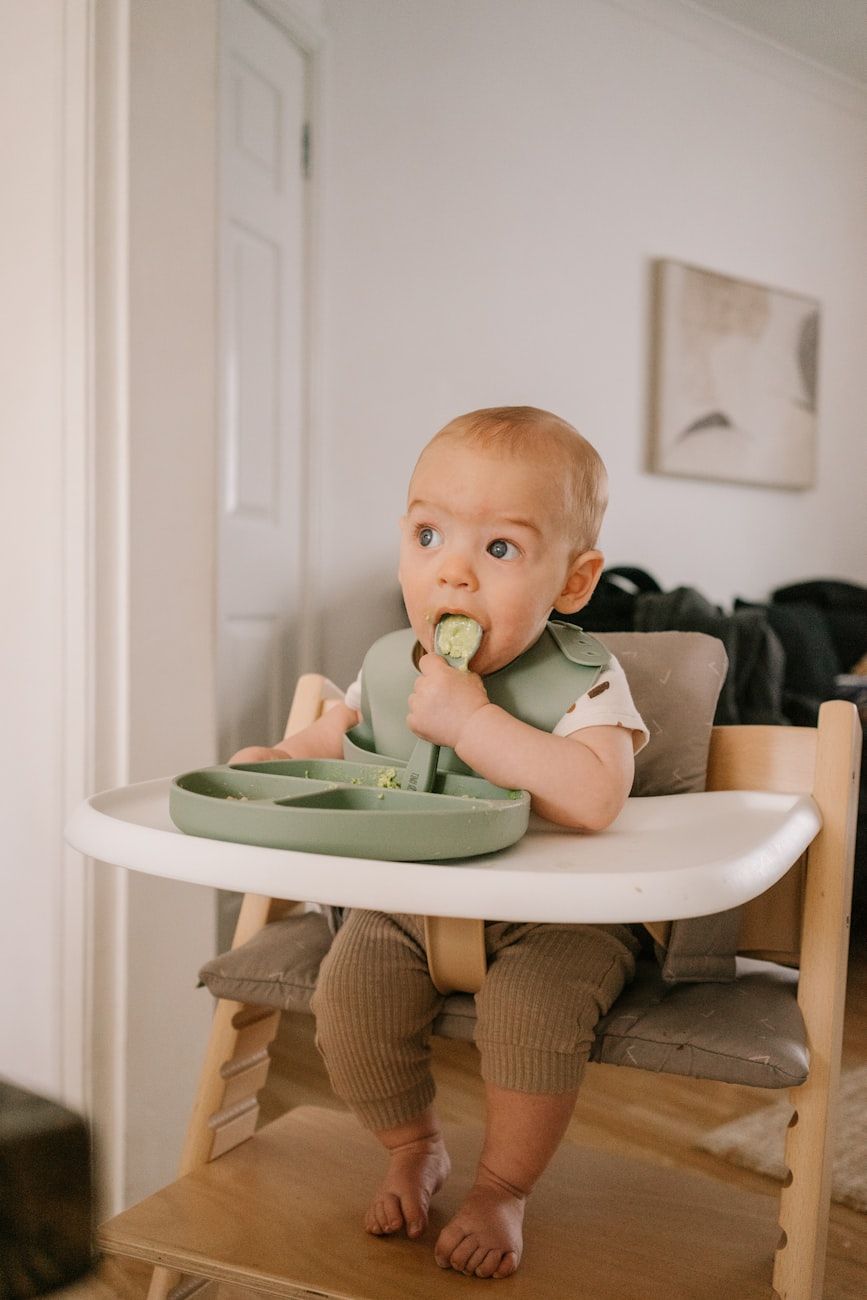First Foods, Happy Tummies: Baby’s Solid Food Journey



Welcome to the exciting world of baby nutrition! Starting your little one on solids is a major milestone in their life and an essential step in their growth and development. Introducing first foods to your baby can be a wonderful yet overwhelming experience for many parents. But fear not, we’re here to guide you through this exciting journey of baby weaning and solid food introduction.
When it comes to baby nutrition, the transition from a liquid diet to solid foods is a crucial phase. It is recommended to start introducing solids when your baby is around 6 months old, as their nutritional needs begin to exceed what breast milk or formula alone can provide. However, every baby is different, so it’s important to look for signs of readiness before starting this new chapter.
Signs that your baby may be ready to start solids include:
- Sitting up with minimal support
- Showing interest in food by reaching for it
- Ability to chew or move food to the back of the mouth
- Increased appetite and desire for more frequent feedings
As you embark on this journey of first foods, it’s important to keep in mind that the primary source of nutrition for your baby should still be breast milk or formula. Solid foods at this stage are meant to complement their milk intake and introduce them to new tastes and textures.
When it comes to choosing the first baby foods, opt for simple, single-ingredient foods such as mashed avocado, pureed sweet potatoes, or infant cereals. These foods are gentle on your baby’s stomach and less likely to cause allergies. Remember to introduce new foods one at a time and observe your baby for any signs of allergic reactions.
As you progress in your baby’s solid food journey, you can gradually introduce a variety of fruits, vegetables, grains, and proteins to their diet. Mixing and matching different foods can help expose your baby to a wide range of nutrients and flavours, setting the foundation for healthy eating habits later in life.
When preparing healthy baby meals, opt for steaming, baking, or boiling foods instead of frying to retain their nutritional value. Avoid adding salt, sugar, or honey to your baby’s foods, as their developing taste buds do not require these extra additives. Remember to mash or puree foods to a smooth consistency to prevent choking hazards.
Infant feeding should be a positive and enjoyable experience for both you and your baby. Make mealtimes fun by engaging your little one in the process – let them touch, smell, and taste the foods. Use colourful plates and utensils to stimulate their interest and curiosity.
Lastly, trust your instincts as a parent and pay attention to your baby’s cues. Some days they may eat a lot, while other days they may show less interest in food – and that’s perfectly normal. Keep offering a variety of healthy foods and let your baby lead the way in exploring new tastes and textures.
Starting solids is a significant milestone in your baby’s growth and development. By offering a variety of nutritious foods and creating a positive mealtime environment, you are setting the stage for a lifetime of healthy eating habits. Enjoy this journey of first foods, and may your baby’s tummy be happy and satisfied along the way!




